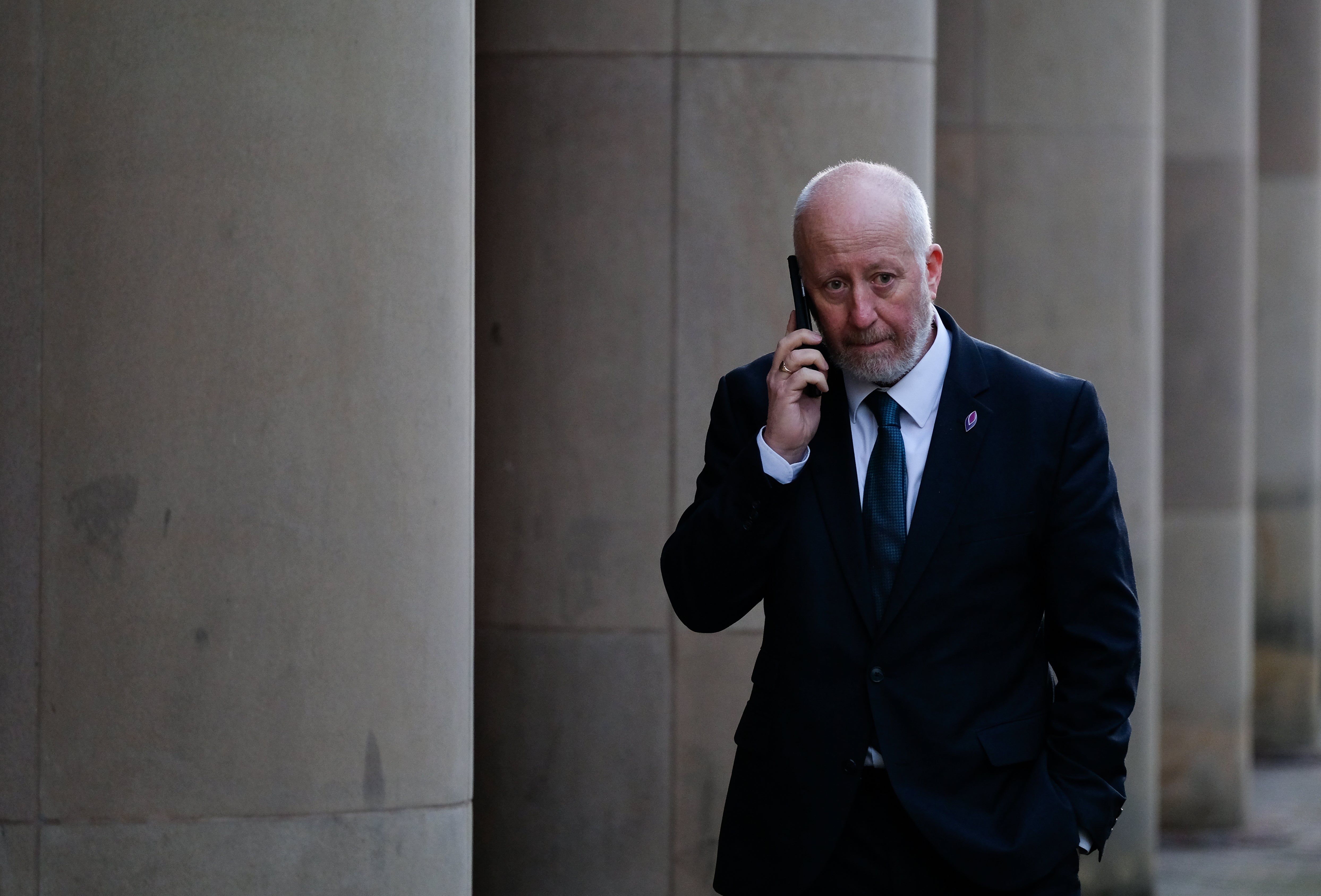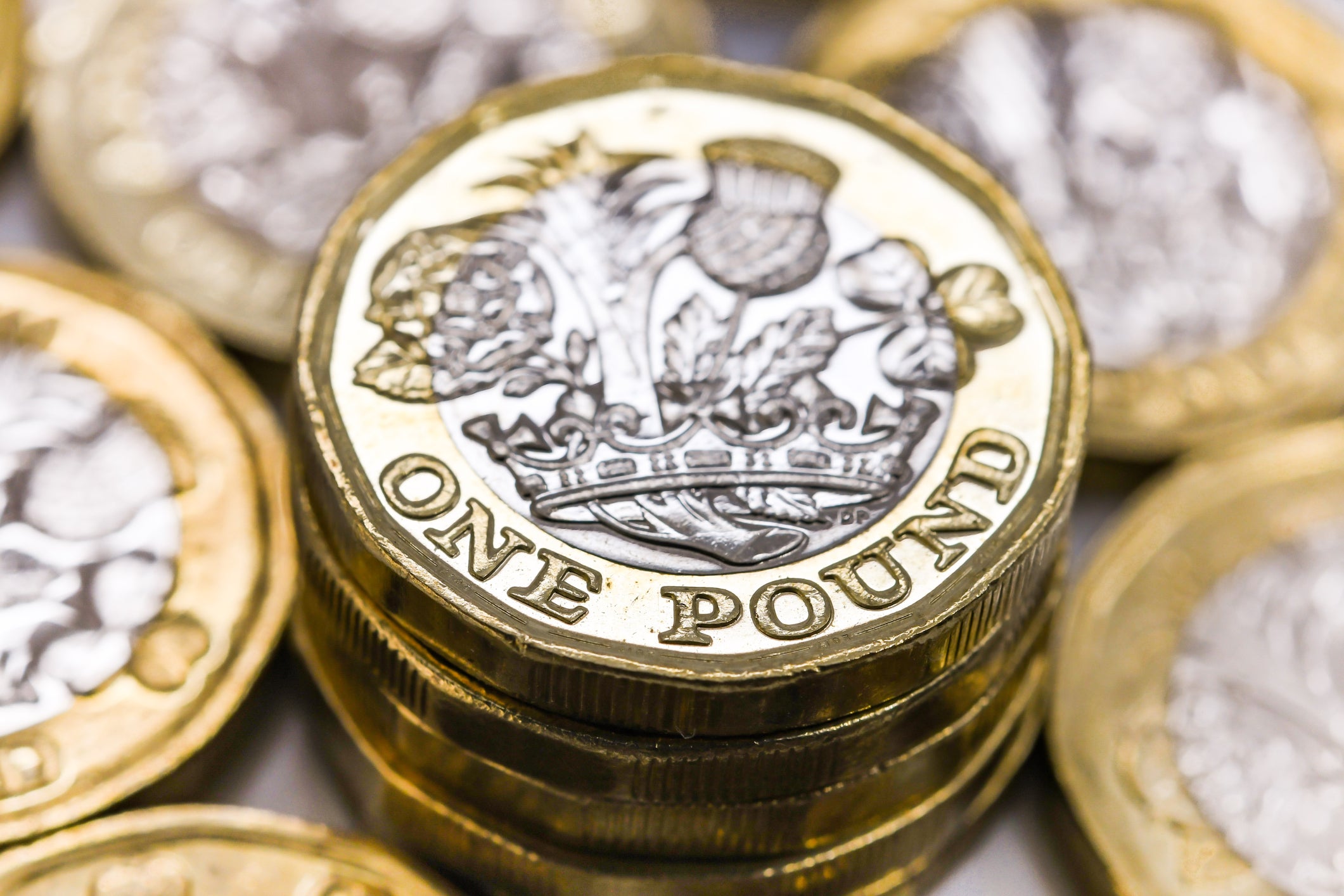Your support helps us to tell the story
From reproductive rights to climate change to Big Tech, The Independent is on the ground when the story is developing. Whether it's investigating the financials of Elon Musk's pro-Trump PAC or producing our latest documentary, 'The A Word', which shines a light on the American women fighting for reproductive rights, we know how important it is to parse out the facts from the messaging.
At such a critical moment in US history, we need reporters on the ground. Your donation allows us to keep sending journalists to speak to both sides of the story.
The Independent is trusted by Americans across the entire political spectrum. And unlike many other quality news outlets, we choose not to lock Americans out of our reporting and analysis with paywalls. We believe quality journalism should be available to everyone, paid for by those who can afford it.
Your support makes all the difference.Voters across all parties overwhelmingly support raising the minimum wage to £15, a new poll has found.
Sixty-five per cent of the public support the policy, which caused a row at Labour’s conference this week after Keir Starmer set himself against it.
Just 14 per cent of the public say they are opposed to the idea, which has strong support across the political spectrum.
Pollster Survation found that 76 per cent of Labour voters and 59 per cent of Tories support the rise, which would significantly raise take-home pay for millions of workers. Just 9 per cent of Labour voters and 23 per cent of Tories were opposed.
And the plan is popular in England’s so-called “red wall” heartlands, with 65 per cent in the midlands and 62 per cent in the north saying they back it.
Labour leader Sir Keir was hit by a shadow cabinet resignation on the eve of his conference speech after he ordered shadow employment secretary Andy McDonald to oppose the £15 policy in a meeting with trade unions. Mr McDonald quit, saying his position had become “untenable”.
But raising the minimum wage to £15 over the next few years was ultimately approved by the Labour conference with the support of members and trade unions, against the wishes of the leadership. Sir Keir has yet to say whether he will honour the vote in Labour’s next manifesto.
Labour has only called for an increase to a £10 an hour minimum wage, the same as in its 2019 manifesto – but this is unlikely to represent a significant rise by the time of the next election.
In fact, a Conservative pledge to raise the minimum wage to two-thirds of median earnings would see the rate increased to around £10.50 on current figures, ahead of the letter of Labour’s proposal.

Sir Keir was accused of hypocrisy after pictures of videos of him emerged supporting a £15 minimum wage for fast-food workers in 2019, which he then described as “the basics”. The food workers’ union BFAWU has led calls for the policy, and the GMB has also pushed for the wage as an earnings floor for care workers.
A £15 an hour national minimum wage could add around £73bn to employers’ wage bills, according to the Institute for Government, which argues some jobs could be automated or become unviable as a result of such a generalised pay increase.
However some economists also predicted increases in unemployment when the minimum wage was introduced in 1999 and these never materialised. Some studies have found that higher minimum wages can actually increase employment by driving economic demand and incentivising productivity improvements.
But an hourly rate of £15 would go well beyond previous increases, representing an annual gross salary of around £29,000 on a 37.5 hour week. The current median hourly wage is around £13.65, according to the latest official figures, meaning large swathes of the economy would see a tangible increase if it were implemented.
The minimum wage goes up every year and currently sits at £8.91, or around £17,000. There are lower rates for younger workers and apprentices.
Will Stronge, director of research at the think tank Autonomy, which commissioned the poll, said a rise in the minimum wage was “an obvious starting point” for the government’s agenda of “building back better”.
“With rising inflation and the effects of a pandemic that has put severe strains on people’s livelihoods, promises of a £10 an hour minimum wage are beginning to look outdated and insufficient,” he said.
“£15 an hour is a fair and decent wage which would boost living standards for many workers across the country.”

Join our commenting forum
Join thought-provoking conversations, follow other Independent readers and see their replies
Comments